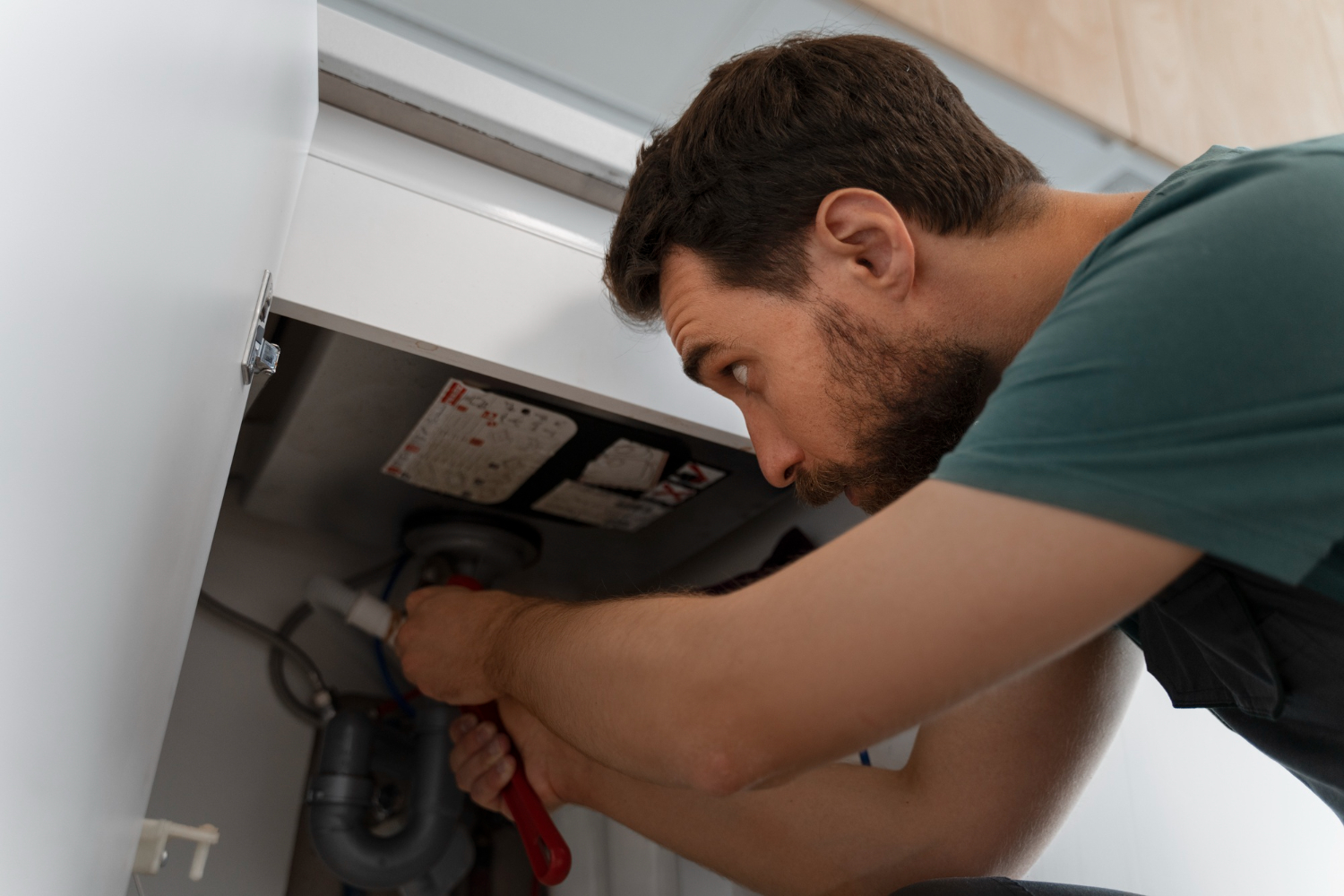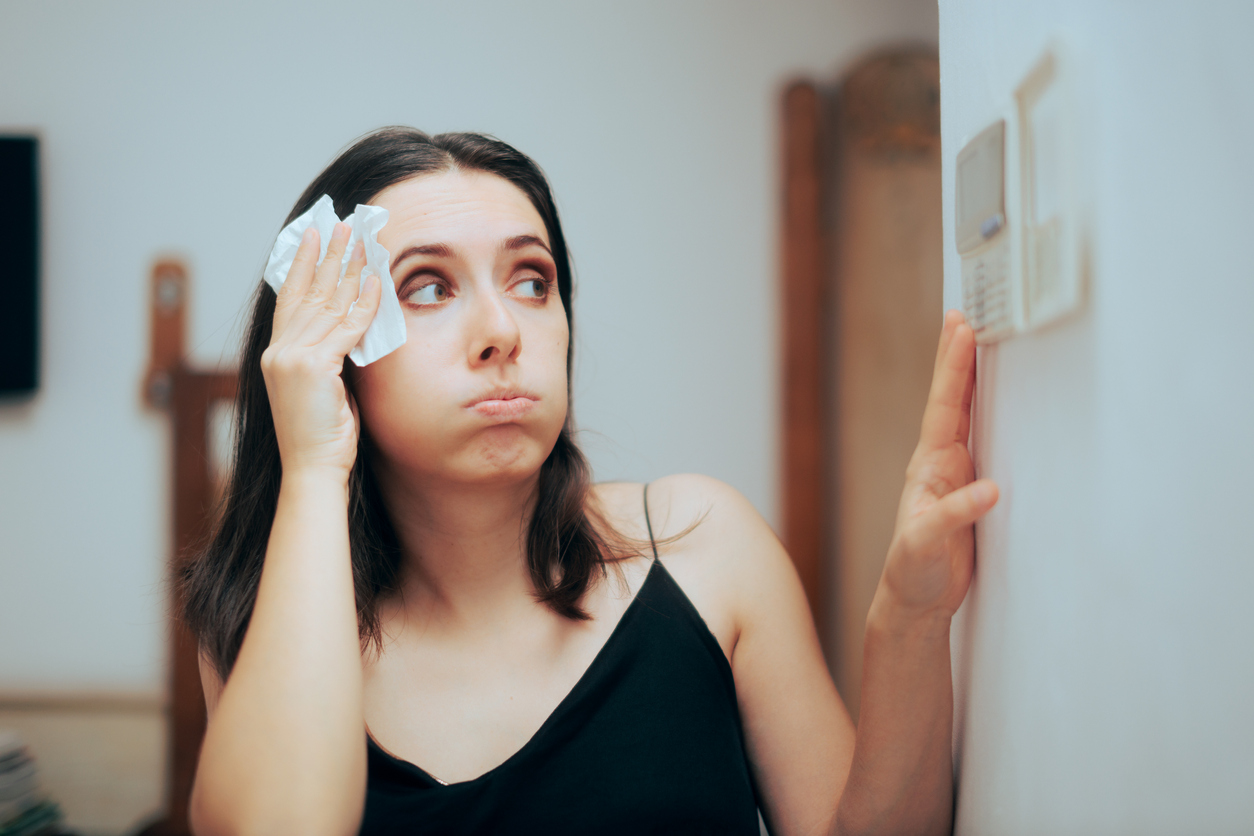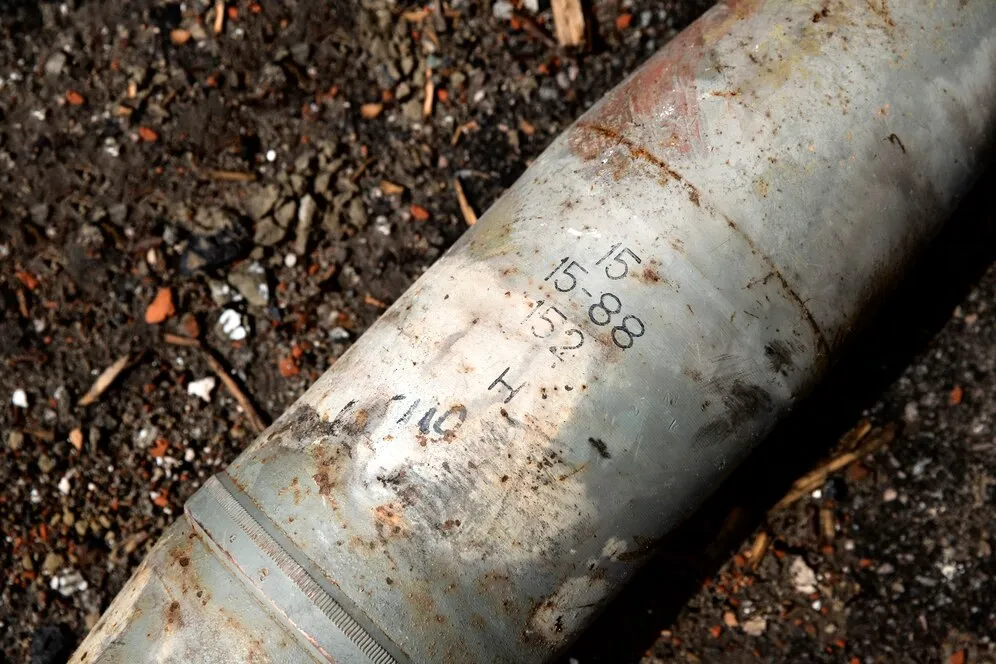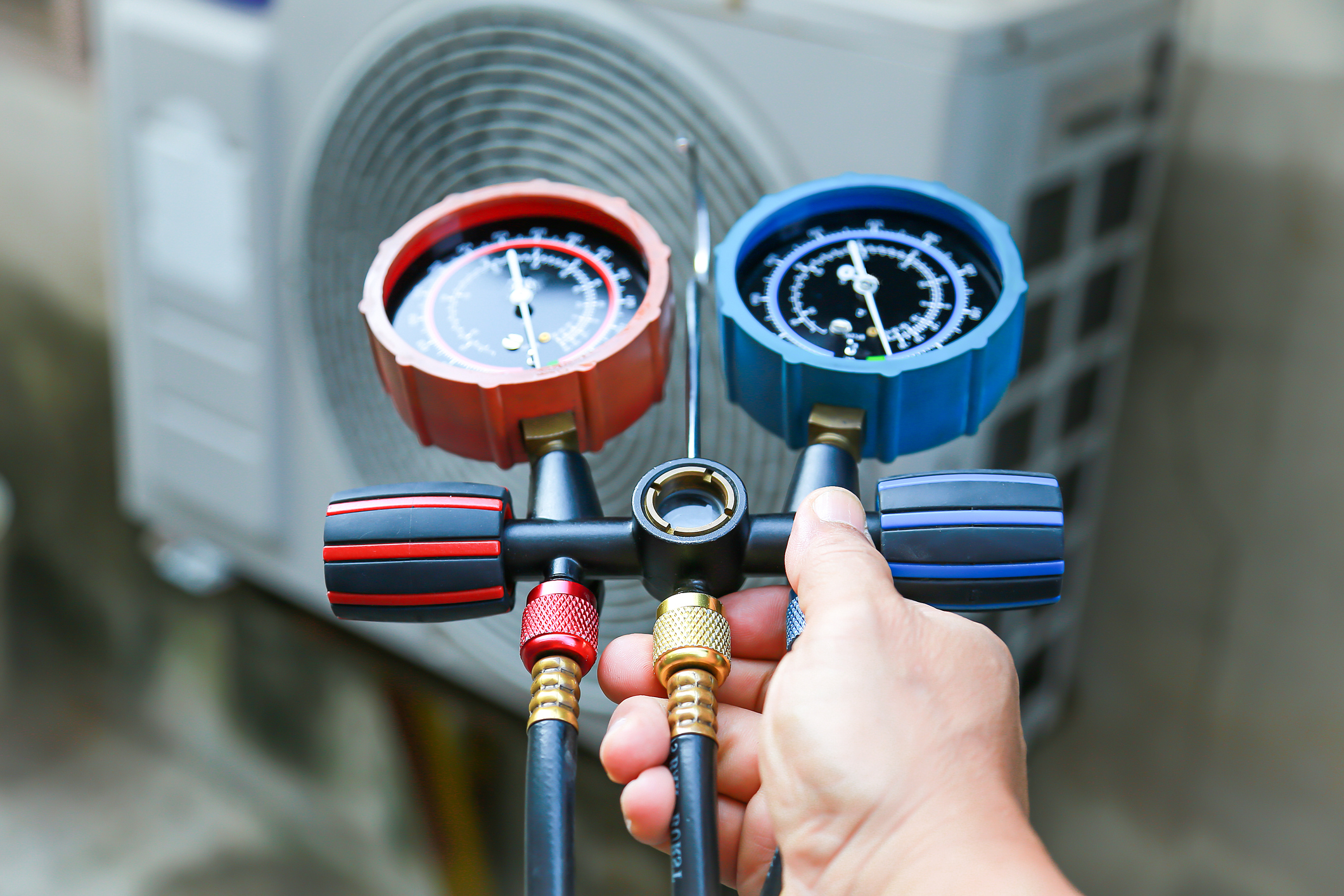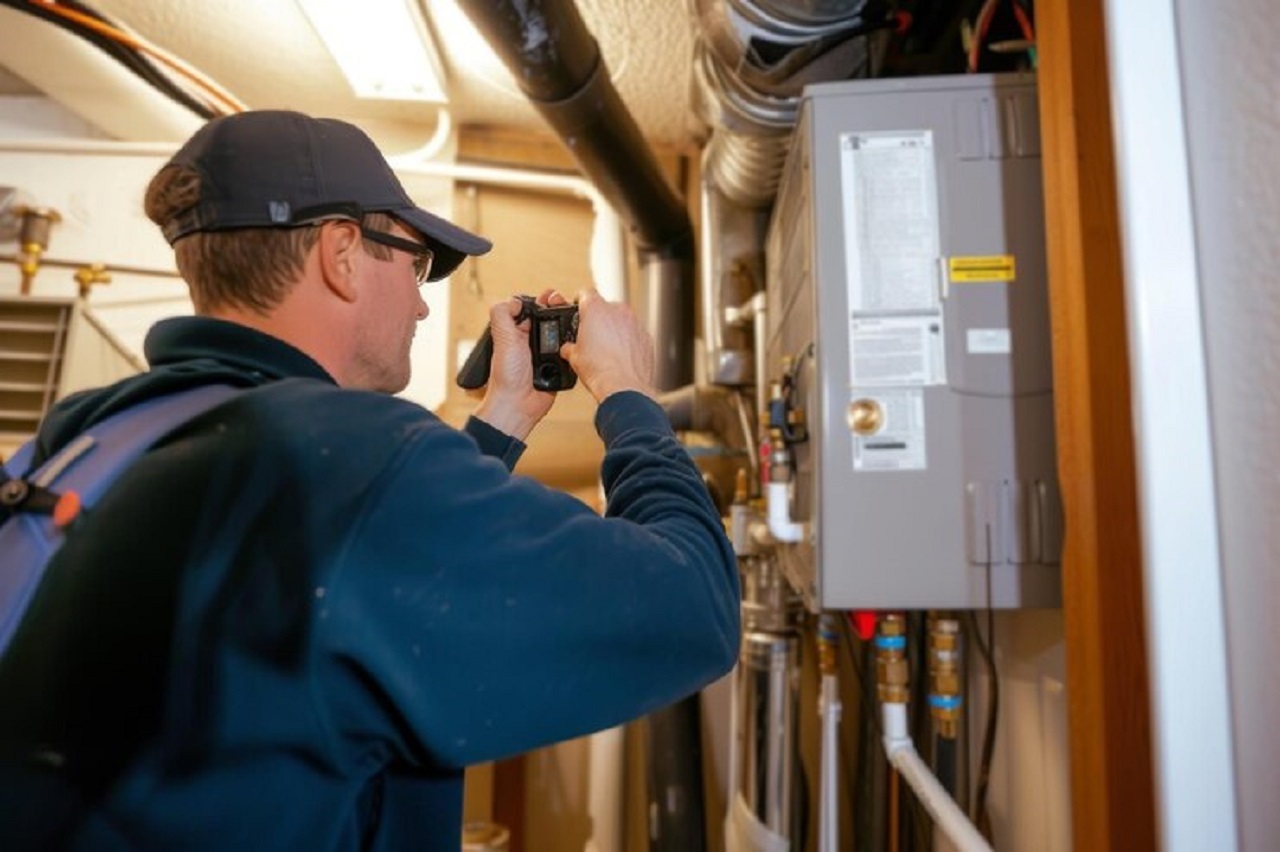Winter months pose significant challenges to home plumbing systems. As temperatures drop, the risk of frozen and burst pipes increases, potentially leading to costly repairs and water damage. Understanding how winter impacts your plumbing and taking proactive measures to safeguard your system can help prevent these issues.
Preparation is key to maintaining a functional plumbing system all winter long. This involves insulating pipes, managing outdoor plumbing fixtures, and keeping indoor plumbing in unused areas protected. Routine maintenance and early leak detection are crucial to ensuring your plumbing can withstand cold weather conditions.
Taking these steps not only helps in preventing immediate problems but also contributes to the long-term health of your plumbing system. By familiarizing yourself with different protective measures, you can ensure a worry-free winter season. These preparations will help keep your home safe and comfortable, no matter how severe the weather gets.
Understanding Winter’s Impact on Plumbing
Winter weather can create severe problems for home plumbing systems. Cold temperatures cause water to freeze and expand, putting pressure on pipes that can lead to cracks or bursts. These types of breaks in pipes can result in extensive water damage and costly repairs.
Frozen pipes are the most common issue homeowners face during winter. When water inside the pipes freezes, it obstructs normal water flow and can cause pressure to build up. This pressure can lead to pipes bursting, which is particularly problematic in areas with little or no insulation. Another area of concern is outdoor plumbing, including garden hoses and outdoor sinks, which are more susceptible to freezing and bursting due to direct exposure to cold air.
Understanding these potential impacts is essential for taking the necessary steps to protect your plumbing system. Recognizing the risks allows you to proactively safeguard your home, ensuring your plumbing remains functional throughout the winter months.
Preparing Your Pipes for Cold Weather
Preparing your pipes for winter is crucial for avoiding frequent cold-weather plumbing problems. Start by inspecting your plumbing for any existing leaks or vulnerabilities. Small leaks can worsen in cold weather, leading to more significant issues.
Focus on insulating exposed pipes, especially those in unheated areas like attics, crawl spaces, and garages. Use pipe insulation sleeves or heat tape to cover these pipes and protect them from freezing temperatures. Additionally, ensure any cracks or openings near pipes are sealed to keep cold air out.
Disconnect and store outdoor hoses to prevent water from freezing within them. Shut off the water supply to outdoor faucets and drain any remaining water. These precautionary measures can significantly reduce the risk of freezing and bursting pipes during the winter.
Insulating Pipes and Faucets
Insulating your pipes and faucets is one of the most effective ways to protect your plumbing system from cold weather. Insulation helps maintain the temperature of the water within the pipes, preventing it from freezing.
Start by purchasing pipe insulation materials, such as foam pipe sleeves, heat tape, or faucet covers. Measure the length of the pipes you need to insulate and cut the insulation to size. Wrap the insulation around exposed pipes, paying close attention to areas most susceptible to cold, such as basements, attics, and exterior walls.
Also, don’t forget to insulate outdoor faucets. Use faucet covers or wrap them with insulating materials to keep them protected. For more tips, link to their article about pipe insulation. Proper insulation can greatly reduce the risk of frozen pipes and ensure your plumbing system remains efficient throughout the winter.
Managing Outdoor Plumbing Fixtures
Outdoor plumbing fixtures require special attention during winter months. Begin by disconnecting and draining garden hoses. Storing hoses indoors prevents water from freezing inside them, which can damage both the hoses and the faucet.
Next, shut off the water supply to outdoor faucets using the interior shut-off valve. Once done, open the outdoor faucets to drain any remaining water. This step helps eliminate the risk of frozen and burst pipes connected to outdoor faucets. If your outdoor faucets are not frost-proof, consider upgrading to frost-free models for added protection.
For homes with irrigation systems, ensure these are winterized as well. This usually involves draining the system and insulating any exposed components. Proper management of outdoor plumbing fixtures is essential to avoid costly repairs and maintain a functioning plumbing system during cold weather.
Protecting Indoor Plumbing in Unused Areas
Unheated or unused areas in your home, such as basements, attics, and crawl spaces, can harbor plumbing that is vulnerable to freezing. To protect pipes in these areas, it is crucial to take preventative steps before temperatures drop.
First, insulate pipes running through these areas. Use foam pipe insulation or heat tape to cover exposed pipes and keep them warm. Also, check for any gaps or cracks in walls and floors. Seal these openings with caulk or insulation to prevent cold air from coming in and affecting the pipes.
Consider installing space heaters in unheated areas during extremely cold weather conditions. Even a small amount of heat can make a significant difference in preventing pipes from freezing. For more details on insulation, refer to their article about pipe insulation. Taking these steps will help protect plumbing in unused areas from the dangers of freezing temperatures.
Tips for Keeping Pipes Heated
Keeping pipes warm during cold weather can prevent them from freezing and bursting. Start by maintaining a consistent indoor temperature. Avoid setting your thermostat too low, even when you are away from home. A stable temperature helps prevent sudden temperature drops that can freeze pipes.
Leave cabinet doors under sinks open to allow warm air to circulate around the pipes. This is especially important for pipes located along exterior walls. Allowing a trickle of water to run through faucets during extremely cold weather can also prevent pipes from freezing. Moving water is less likely to freeze compared to still water.
For more long-term solutions, consider investing in pipe heating cables. These cables can be wrapped around pipes and provide consistent heat to keep them warm. Implementing these tips can help ensure your pipes remain thawed and functional throughout the winter.
Identifying and Fixing Leaks Early
Finding and fixing leaks early can prevent bigger problems during winter. When inspecting your home, pay special attention to areas where leaks are common, such as under sinks, around toilets, and near water heaters.
If you notice any damp spots or signs of corrosion, these could be indicators of leaks. Repairing these leaks before temperatures drop can prevent water from freezing and expanding within the pipes. A small leak can quickly turn into a significant problem if left unaddressed.
For a detailed guide on leak detection and repair, refer to their article on leak detection and repair. Fixing leaks promptly can prevent water damage and ensure your plumbing system remains reliable and efficient throughout the winter season.
Dealing with Frozen Pipes
Frozen pipes require immediate attention to prevent them from bursting. If you suspect a pipe is frozen, turn off the main water supply to reduce pressure and prevent flooding.
Use a hairdryer, heat lamp, or portable heater to gradually thaw the pipe. Applying heat directly to the pipe helps melt the ice within. Start by heating the section closest to the faucet first and gradually move along the pipe. Avoid using open flames, as these can damage the pipe and create a fire hazard.
Once the pipe has thawed, check for leaks and inspect it for any damage. If you find any cracks or breaks, it’s best to contact our professionals for repair. In the meantime, keep the affected faucet open and the surrounding area warm to prevent refreezing. Taking these steps can effectively address frozen pipes and minimize potential damage.
Importance of Regular Maintenance
Regular maintenance is crucial for the longevity and efficiency of your plumbing system. Consistent upkeep helps identify potential issues before they become major problems.
Benefits of Regular Maintenance:
- Early Detection: Routine inspections help catch minor issues like small leaks or corrosion early, preventing costly repairs.
- Optimal Performance: Well-maintained plumbing works more efficiently, leading to lower utility bills and prolonged system life.
- Safety: Regular checks ensure that gas lines, water heaters, and other critical components function safely.
Key Maintenance Tasks:
- Inspect Pipes and Fittings: Check for leaks, corrosion, and other signs of wear. Small leaks can be a sign of a larger issue.
- Water Heater Maintenance: Flush your water heater annually to remove sediment buildup, which can reduce efficiency.
- Check Drains: Ensure drains are clear to prevent backups and overflows.
Scheduling regular maintenance helps keep your plumbing system in top condition and prevents unexpected failures.
Installing Freeze Protection Devices
Installing freeze protection devices is an effective way to safeguard your plumbing against winter conditions. These devices help prevent pipes from freezing and bursting.
Types of Freeze Protection Devices:
- Pipe Insulation: Insulating pipes, especially those in unheated areas, can significantly reduce the risk of freezing.
- Heat Tape: Electric heat tape wrapped around pipes provides additional warmth, keeping them from freezing in extreme temperatures.
- Frost-Free Hose Bibs: These outdoor faucets prevent water from freezing in the hose bib and pipe, reducing the risk of burst pipes.
Benefits of Freeze Protection:
- Prevent Costly Repairs: Protecting pipes from freezing can save you from expensive repairs and water damage.
- Peace of Mind: Knowing your pipes are protected allows you to enjoy winter without worrying about plumbing issues.
Installation Tips:
- Professional Installation: Our professionals can install freeze protection devices correctly, ensuring they are effective and safe.
- DIY Options: Basic pipe insulation kits are available for homeowners who prefer to install their own protection.
Installing freeze protection devices is a proactive step to safeguard your plumbing system during winter.
Emergency Steps During Plumbing Failures
Knowing what to do during a plumbing emergency can minimize damage and ensure your family’s safety. These steps can help you manage sudden plumbing failures effectively.
Immediate Actions:
- Shut Off Water: Locate your main water shutoff valve and turn it off to stop the water flow.
- Turn Off Power: If the plumbing issue involves an appliance, turn off the electricity to prevent electrical hazards.
Temporary Fixes:
- Patch Leaks: Use a plumber’s tape or a patch kit to seal pipe leaks until professional help arrives temporarily.
- Contain Water: Use buckets, towels, or mops to manage water and prevent further damage.
When to Call Professionals:
- Major Leaks: Large leaks or bursts require immediate professional attention.
- Sewage Backups: These present health hazards and need expert handling.
Preventive Measures:
- Know Your System: Familiarize yourself with the layout of your plumbing system, including shutoff valves and emergency contacts.
- Routine Inspections: Regular maintenance and inspections can help prevent emergencies.
Quick, decisive action during plumbing emergencies minimizes damage and ensures safety until professional help arrives.
When to Call EnviroSafe Professionals
Certain plumbing issues require expert attention to ensure they are handled correctly and safely. Knowing when to call our professionals can save time and prevent further damage.
Situations Needing Professional Help:
- Persistent Issues: If you have recurring problems like frequent clogs or leaks, it’s time to call in our experts to diagnose and fix the underlying problem.
- Visible Damage: Cracked pipes, water stains, or mold growth signal significant issues that need expert repair.
- No Hot Water: Persistent lack of hot water can indicate problems with your water heater that require professional attention.
Benefits of Professional Services:
- Expertise and Tools: Our professionals have the knowledge and equipment to diagnose and repair complex issues safely.
- Long-Term Solutions: Expert repairs and maintenance prevent future problems, ensuring your plumbing system’s reliability.
- Safety and Compliance: Proper handling of gas lines, electrical components, and water systems ensures compliance with safety standards.
Consultation and Services:
- Regular Maintenance: Schedule routine maintenance to keep your system running smoothly and catch issues early.
- Emergency Services: Our experts are available for urgent repairs, providing quick and reliable solutions.
Calling EnviroSafe professionals ensures your plumbing issues are addressed efficiently and effectively, giving you peace of mind.
Conclusion
Regardless of the season, maintaining your plumbing system is essential. It ranges from routine checks and regular maintenance to installing freeze protection devices and knowing emergency procedures. Addressing small issues early and calling in professionals for more serious problems ensures your system operates efficiently and safely.
EnviroSafe Plumbing, Heating, Air Conditioning, Water Treatment is here to help you with all your plumbing needs.
Protect your plumbing system this winter and avoid stressful situations. If you encounter persistent issues or major plumbing failures, contact us today to schedule a service. Our plumbers in Bridgeton, NJ, are ready to provide reliable and expert service!

